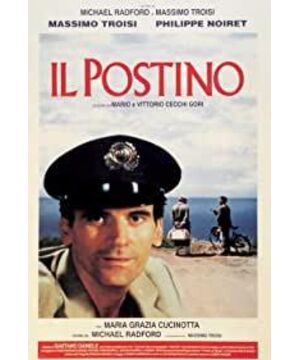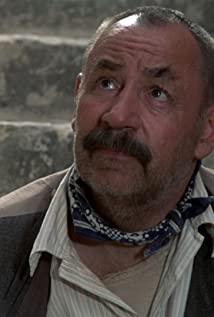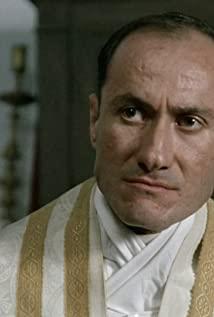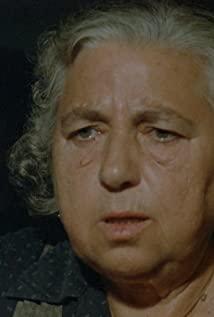How obvious is the metaphor of the whole film, the beauty of poetry, the charm of love, and the distance of friendship are far less than the satire of people's life and ideology in the Italian political environment at that time. Poetry is empty, beautiful, and powerless, and in fact Neruda never returned to the island in his life. The return of Neruda in the film is also the downfall of the Comintern, for which the protagonist gave his life. When the Comintern came to this land, people rejoiced and reluctantly left like a child without a mother. What a beautiful picture of people going from communism to hope to disappointment and then to death. A symphonic film. (I'm afraid I can't make a movie like this in my entire life)
View more about The Postman reviews











